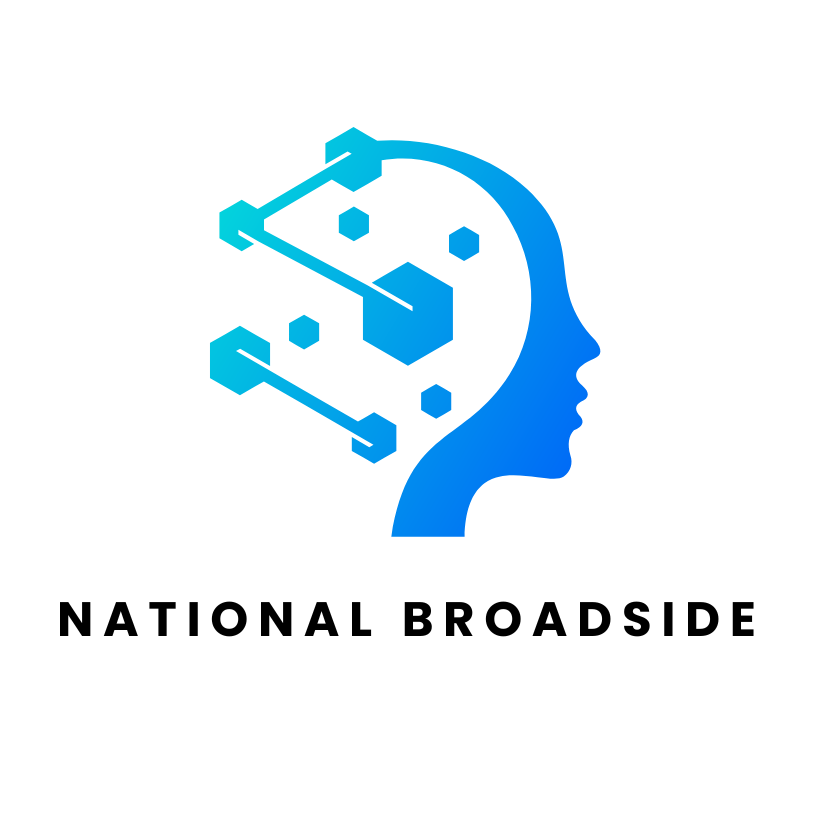Table of Contents
ToggleIn a world that’s increasingly driven by technology, artificial intelligence degrees are fast becoming the hottest ticket in town. If you’ve ever daydreamed about crafting smarter machines or developing algorithms that could replace your coffee maker’s needy personality, then buckle up. This field is not just for geniuses in lab coats: it’s a vibrant and accessible career path. Forget the clichés, this is where creativity meets coding, and the possibilities are endless. So, whether you’re dipping your toes into tech waters or ready to immerse headfirst, let’s unravel the mystery behind AI degrees together.
Overview of Artificial Intelligence Degrees

Artificial intelligence degrees are designed to equip students with the knowledge and skills necessary to work in the dynamic field of AI. These programs cover a range of topics, from machine learning and neural networks to natural language processing and robotics. With the tech industry charging ahead, an AI degree offers not just a certificate but a passport into the future. In 2023, AI is already involved in healthcare, automotive, finance, and even agriculture. So, pursuing a degree in this field isn’t just prudent: it’s visionary.
Graduates with AI degrees are positioned at the forefront of innovation. Their skills help companies understand data, automate processes, and enhance user experiences. Simply put, with an AI degree, individuals are not just learning: they are shaping tomorrow’s technological landscape.
Types of Degrees Available
Artificial intelligence degrees come in various shapes and sizes, tailored to fit different educational goals and career trajectories.
- Associate Degrees: For those looking to dip their toes into the world of AI without committing to a four-year college right away, an associate degree provides a foundational understanding. These programs cover basic concepts like programming and data analysis.
- Bachelor’s Degrees: A bachelor’s degree is often considered the standard in many fields, and AI is no exception. Students investigate deeper into machine learning, computer science, and statistics. This degree opens doors to entry-level positions in AI development and data analysis.
- Master’s Degrees: For those ready to take their education further, a master’s degree in AI allows for specialization. Whether it’s focusing on artificial neural networks or ethical implications in AI, this advanced coursework prepares graduates for leadership roles.
- Doctoral Degrees: PhD programs are the pinnacle of AI education, designed for individuals interested in deep research or teaching at the university level. PhD candidates contribute original research that drives the field forward, often focusing on groundbreaking topics like reinforcement learning or cognitive computing.
Curriculum and Key Courses
The curriculum for artificial intelligence degrees is as diverse as it is engaging. Most programs blend theory with practical experiences, ensuring that students are well-prepped for real-world challenges. Here are a few key courses frequently found in AI degree programs:
- Introduction to AI: This course provides a foundational understanding of AI concepts, including problem-solving strategies and ethical considerations.
- Machine Learning: Here, students learn about various algorithms that allow computers to learn from and make predictions based on data.
- Data Structures and Algorithms: Core to any programming discipline, this course emphasizes the importance of efficient data utilization.
- Natural Language Processing (NLP): As machines strive to understand human language, this course dives into language models and conversational interfaces.
- Robotics: Students explore the intersection of AI and robotics, focusing on programming autonomous systems.
Hands-on projects and group collaborations heighten the learning experience, allowing students to apply theories in practical scenarios. Internships are also a significant component, providing invaluable field experience.
Career Opportunities in Artificial Intelligence
The career landscape for graduates with an artificial intelligence degree is nothing short of dazzling. As companies and industries increasingly adopt AI technologies, the demand for skilled professionals is soaring. Here are some thrilling career paths:
- AI Engineer: A pivotal role where professionals design and carry out AI models. They work on everything from developing chatbots to creating more advanced systems for data analytics.
- Data Scientist: These experts analyze large sets of data to uncover trends and make data-driven decisions, often using AI algorithms to enhance their insights.
- Machine Learning Engineer: Focusing specifically on machine learning algorithms, they ensure these systems can learn from data and improve over time.
- Robotics Engineer: These professionals design automated systems and machines that incorporate AI to perform tasks autonomously.
- AI Research Scientist: For those who pursue a doctoral degree, research roles can involve pushing the boundaries of what AI can achieve, contributing to groundbreaking advancements in the field.
Top Universities Offering AI Degrees
If you’re considering an artificial intelligence degree, you’ll want to attend a university renowned for its programs. Here are some top contenders that are leading the way in AI education:
- Stanford University: Known for its robust AI research and courses, Stanford offers a plethora of options from bachelor’s to PhD levels.
- Massachusetts Institute of Technology (MIT): MIT is synonymous with tech innovation, boasting a comprehensive AI curriculum that prepares students for cutting-edge careers.
- Carnegie Mellon University: CMU is famous for its School of Computer Science, one of the leading institutions for AI studies globally.
- University of California, Berkeley: Berkeley’s AI Research Lab is a pivotal point for AI development, offering students a chance to work alongside experts in the field.
- Harvard University: Known for its high academic standards, Harvard offers interdisciplinary studies that incorporate AI into various fields such as medicine and business.
The Future of AI Education
The future of education in artificial intelligence is bright and brimming with potential. As the demand for AI knowledge grows, many institutions are adapting their curricula to stay ahead of trends. It’s not merely about understanding technology: it’s also about ethical considerations, social impacts, and inclusive AI practices.
Also, online learning platforms are revolutionizing AI education. Many universities now offer flexible online programs, allowing students worldwide to gain top-notch education without relocating. The blended learning approach combines traditional classes with online resources, ensuring that educational content remains relevant and accessible.
As AI continues to evolve, so will the degree programs. Expect to see more interdisciplinary courses that blur the line between computer science and other fields like law, ethics, and healthcare, reflecting the multifaceted nature of AI.







